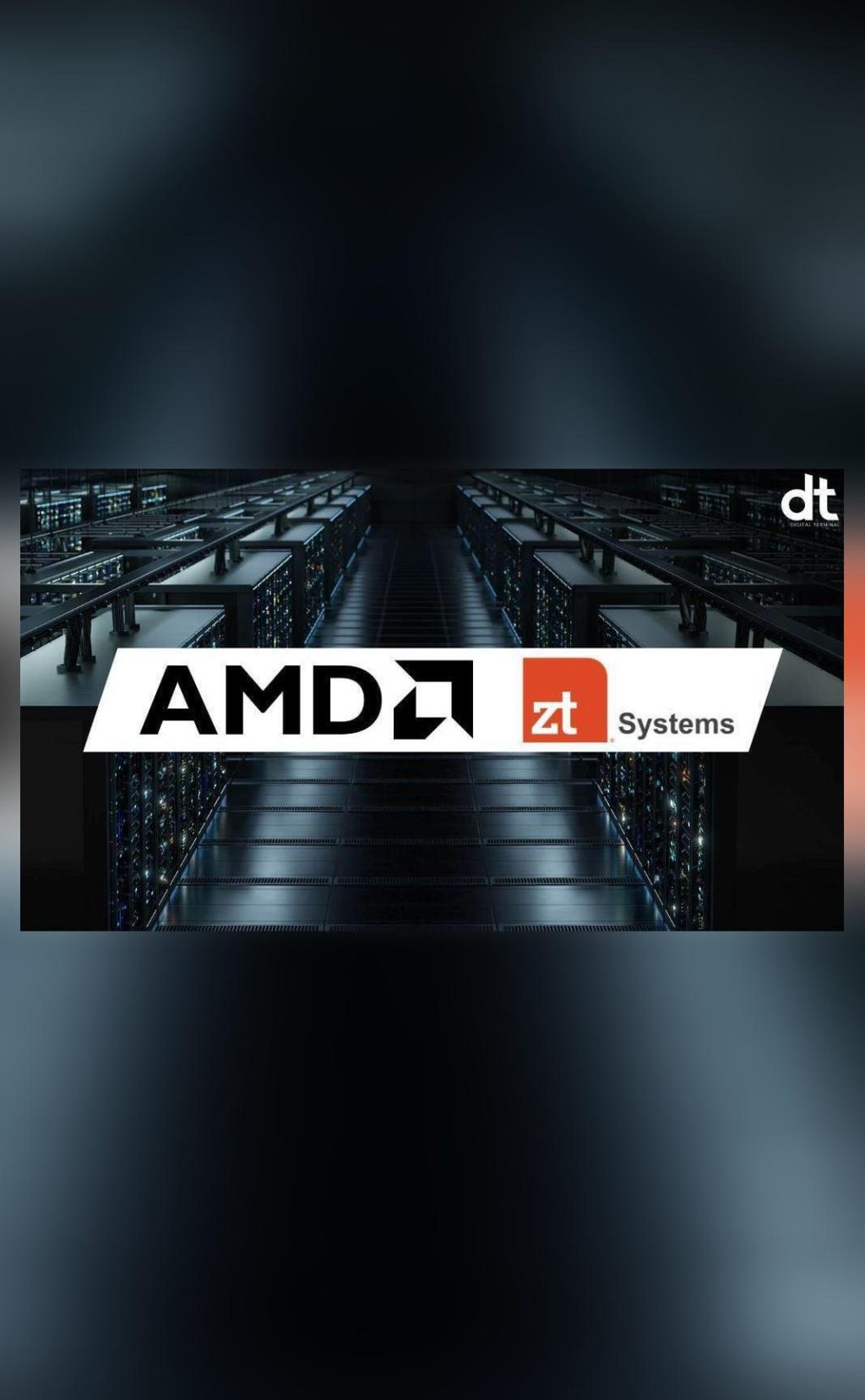
AMD Acquires ZT Systems to Boost AI & Data Center Strength
In a move aimed at strengthening its position in the AI and data center markets, AMD has announced the completion of its acquisition of ZT Systems, a leading provider of AI and general-purpose compute infrastructure for the world’s largest hyperscale providers. The acquisition is expected to enable a new class of end-to-end AI solutions, further solidifying AMD’s position as a leading player in the AI and data center ecosystems.
ZT Systems, a company founded in 1996, has a long history of providing innovative solutions for the data center and AI markets. The company’s products and solutions have been widely adopted by the world’s largest hyperscale providers, including cloud computing giants and leading AI research institutions. With the acquisition, AMD gains access to ZT Systems’ extensive portfolio of products and technologies, including its high-density server designs, AI-optimized hardware, and advanced software tools.
The acquisition is seen as a strategic move by AMD to expand its presence in the rapidly growing AI and data center markets. The company’s Ryzen and EPYC processors have already made significant inroads in the data center market, with many of the world’s largest cloud computing providers choosing AMD’s processors for their high-performance, power-efficiency, and cost-effectiveness.
With the acquisition of ZT Systems, AMD gains a strong foothold in the AI market, where it can leverage the company’s expertise in high-performance computing and AI-optimized hardware to develop new and innovative solutions. The acquisition also provides AMD with a significant boost in terms of its data center capabilities, enabling the company to offer a broader range of solutions to its customers.
“We are thrilled to welcome ZT Systems to the AMD family,” said Lisa Su, AMD’s CEO. “The acquisition of ZT Systems is a significant step forward in our strategy to expand our presence in the AI and data center markets. With ZT Systems’ expertise and technology, we will be able to offer a new class of end-to-end AI solutions that will help our customers accelerate their AI initiatives and drive business growth.”
The acquisition is expected to be accretive on a non-GAAP basis by the end of 2025, with AMD expecting to generate significant revenue and growth opportunities from the transaction. The company plans to integrate ZT Systems’ products and technologies into its existing portfolio, with the goal of providing a seamless and comprehensive solution for its customers.
In a post-acquisition statement, AMD emphasized its commitment to ZT Systems’ employees, customers, and partners, stating that it would maintain the company’s operations and continue to support its existing products and solutions.
“We are excited to join the AMD team and contribute our expertise and technology to the development of new and innovative AI solutions,” said Brad Wale, CEO of ZT Systems. “We believe that our products and solutions will be a great fit for AMD’s existing portfolio and will help the company to further accelerate its growth and success in the AI and data center markets.”
The acquisition of ZT Systems is the latest in a series of strategic moves by AMD to expand its presence in the AI and data center markets. In recent years, the company has made significant investments in AI and machine learning research and development, with a focus on developing new and innovative solutions that can help its customers accelerate their AI initiatives.
With the acquisition of ZT Systems, AMD is well-positioned to continue its growth and success in the AI and data center markets. The company’s commitment to innovation, combined with its expertise in high-performance computing and AI-optimized hardware, makes it an attractive partner for customers looking to develop and deploy AI solutions.
In conclusion, the acquisition of ZT Systems by AMD is a significant development in the AI and data center markets, with the potential to enable a new class of end-to-end AI solutions. The acquisition is expected to be accretive on a non-GAAP basis by the end of 2025, with AMD expecting to generate significant revenue and growth opportunities from the transaction.






